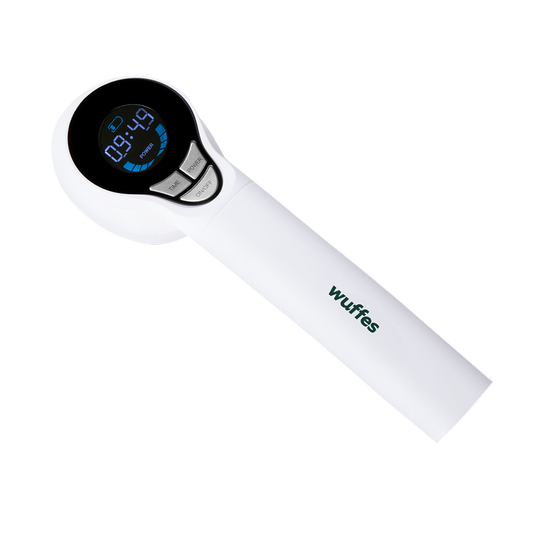Many pup parents mistakenly believe that fleas are simply an inevitable part of pet parenting. While fleas are relatively common in dogs, they are indeed preventable, as are the dangerous diseases they can bring. Understanding how to protect your dog from fleas is essential for their overall health and well-being.
How do dogs get fleas?
The most common way for a dog to acquire fleas is through contact with another infested animal. Even a single flea can lead to a full-body infestation, as fleas multiply rapidly, quickly becoming thousands in number.
Fleas feed on your dog’s blood by biting, which can cause significant irritation and itchiness. Dogs typically respond by scratching excessively, leading to wounds and sores. These wounds can become inflamed and may result in hair loss.
Plus, flea bites can serve as breeding grounds for bacteria and fungi, putting your dog at risk for more serious diseases and infections. Thus, fleas pose a considerable threat to your dog’s health.
Can you prevent fleas in dogs?
Prevention is key to protecting your dog from fleas. Here are some effective strategies:
-
Maintain Clean Surroundings
Keeping your dog’s environment clean is crucial. Regularly clean and disinfect their living area, using light disinfectant solutions that are safe for pets. -
Practice Proper Hygiene
Bathe your dog every two weeks with a mild dog shampoo. Regular grooming, including combing their fur every few days, can help you check for fleas and ticks before they become a problem. -
Promote Overall Health
A healthy immune system can help your dog resist flea infestations. Provide a balanced diet along with daily supplements like a high quality multivitamin and fish oil that support skin and coat health.
How to treat dogs with fleas
If you spot a flea or flea dirt (small, pepper-like specks) in your dog’s fur, take immediate action:
-
Consult Your Veterinarian
Visit your vet to request an anti-flea shampoo and flea comb. It's important to choose a product appropriate for your dog’s specific fur type and the severity of the infestation. -
Treat Wounds and Irritation
If flea bites have caused scratches or sores, your vet may recommend topical treatments like ointments to aid healing. Keep a close -
Nutritional Support
While addressing the flea problem, consider supplying your dog with nutrients like fish oil that support skin and coat health.
Conclusion
Fleas may be small, but they can have a significant impact on your dog's health. If you notice any signs of fleas or flea dirt, it’s important to take prompt action. By implementing preventive measures and maintaining your dog’s health with the right supplements, you can help ensure they remain comfortable and flea-free. Always consult your veterinarian for guidance tailored to your dog’s specific needs.











